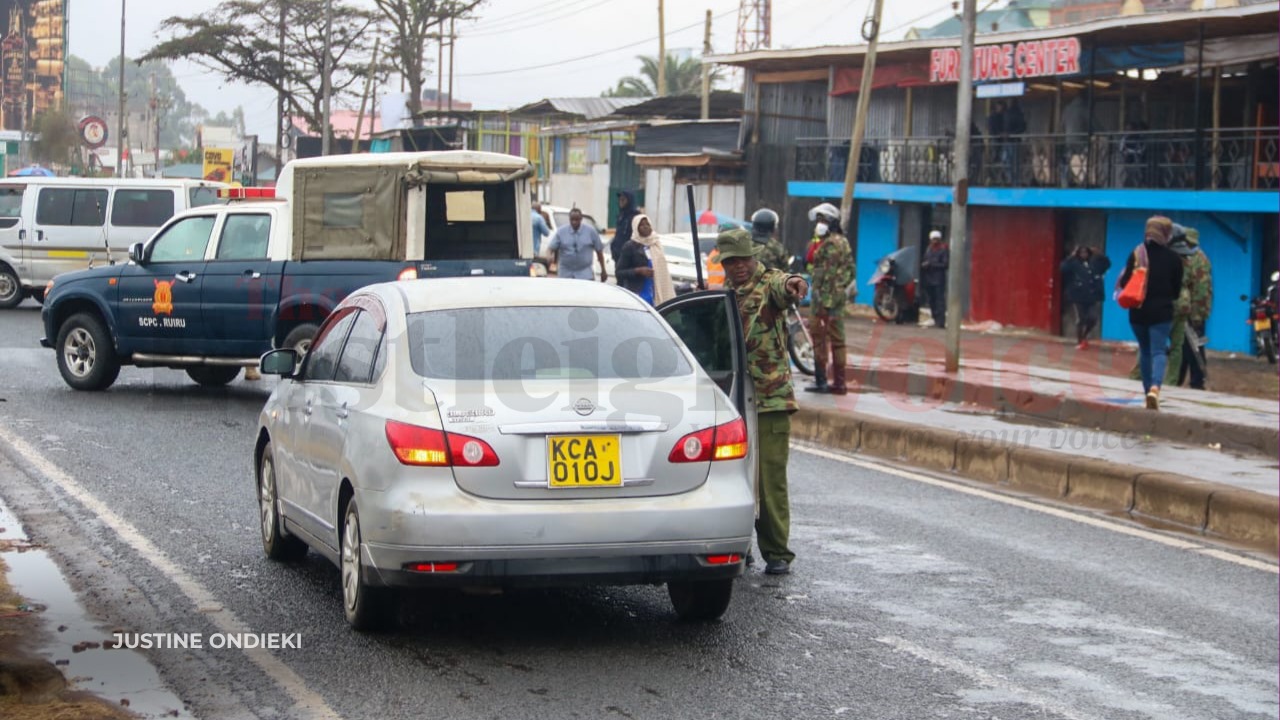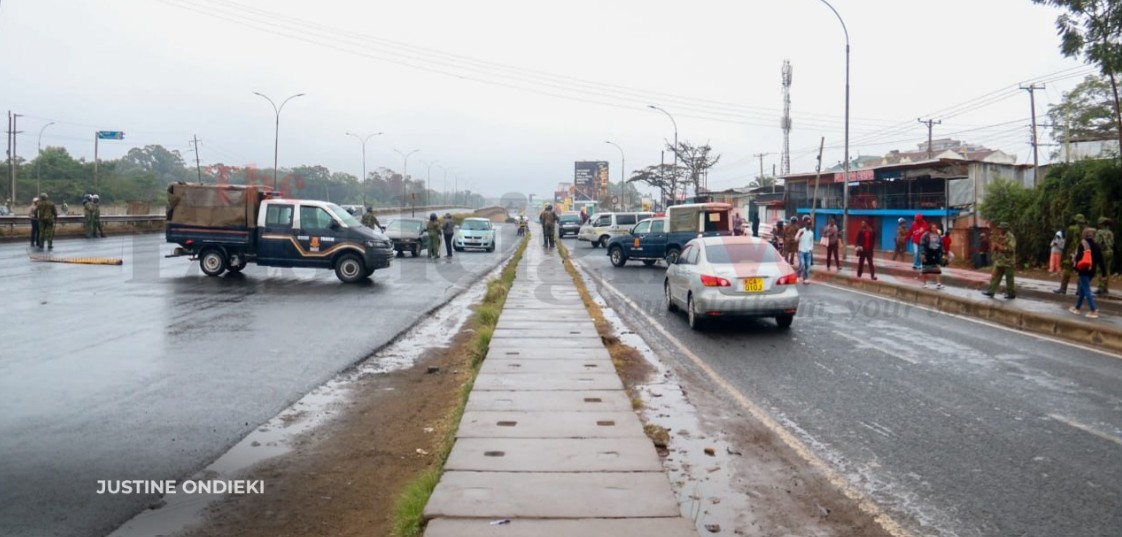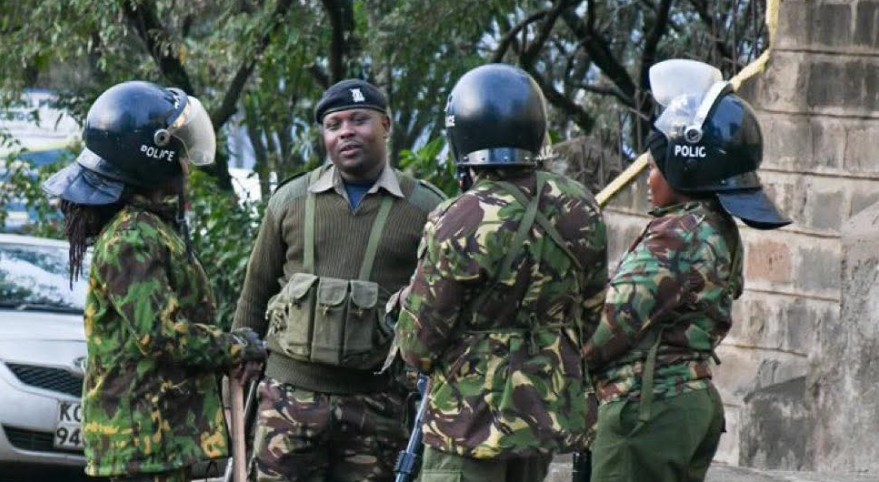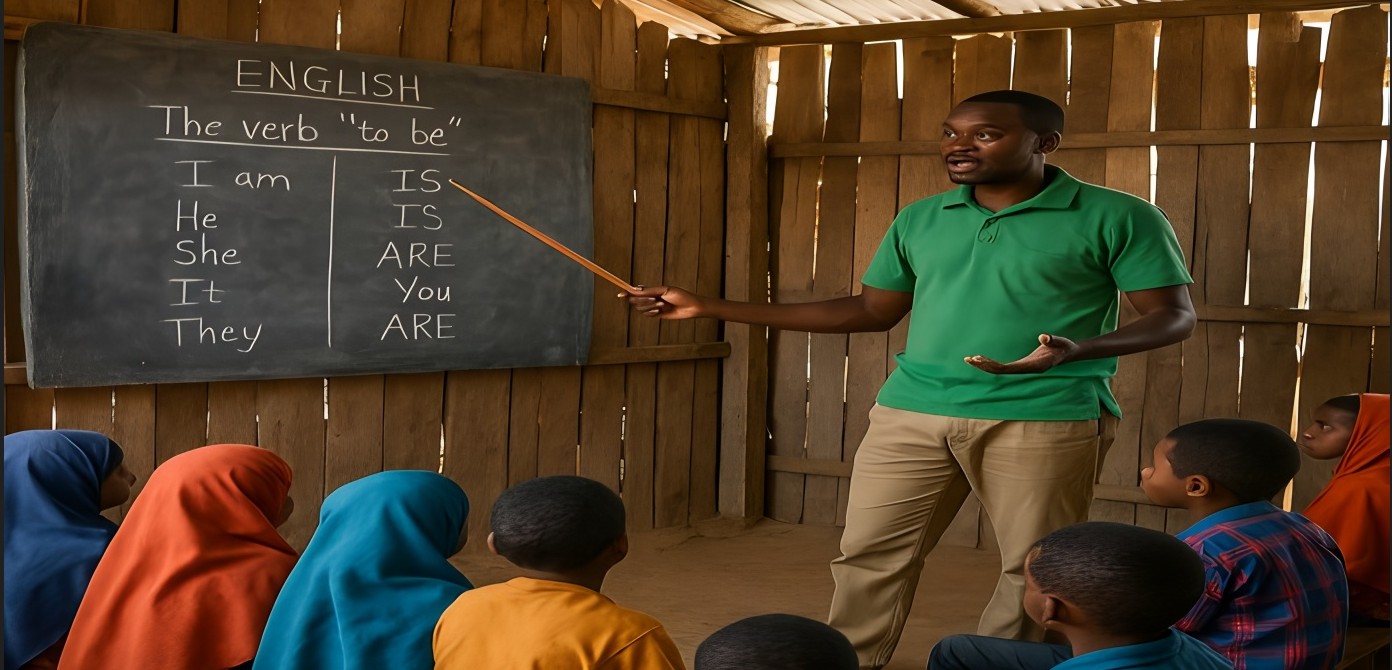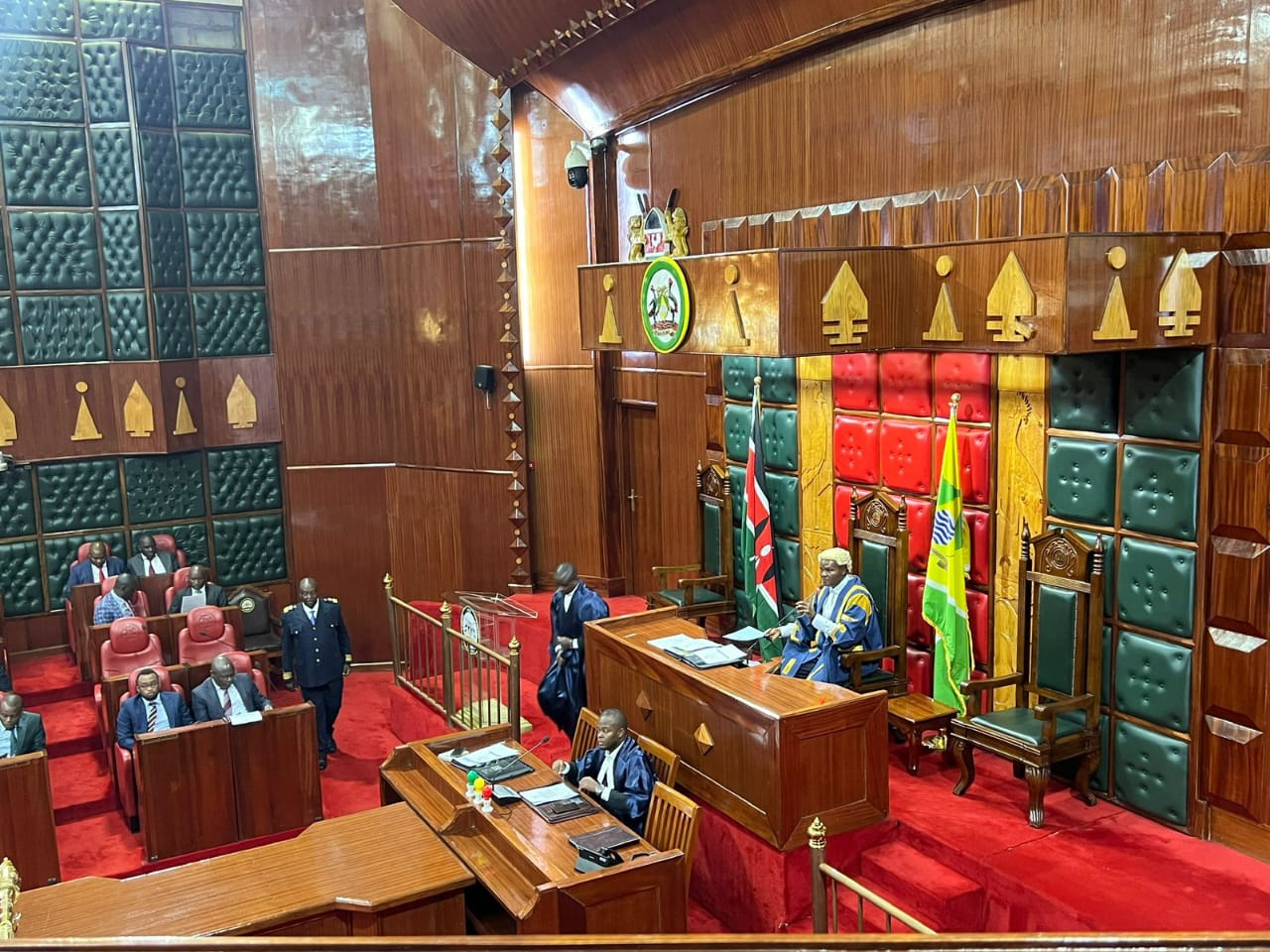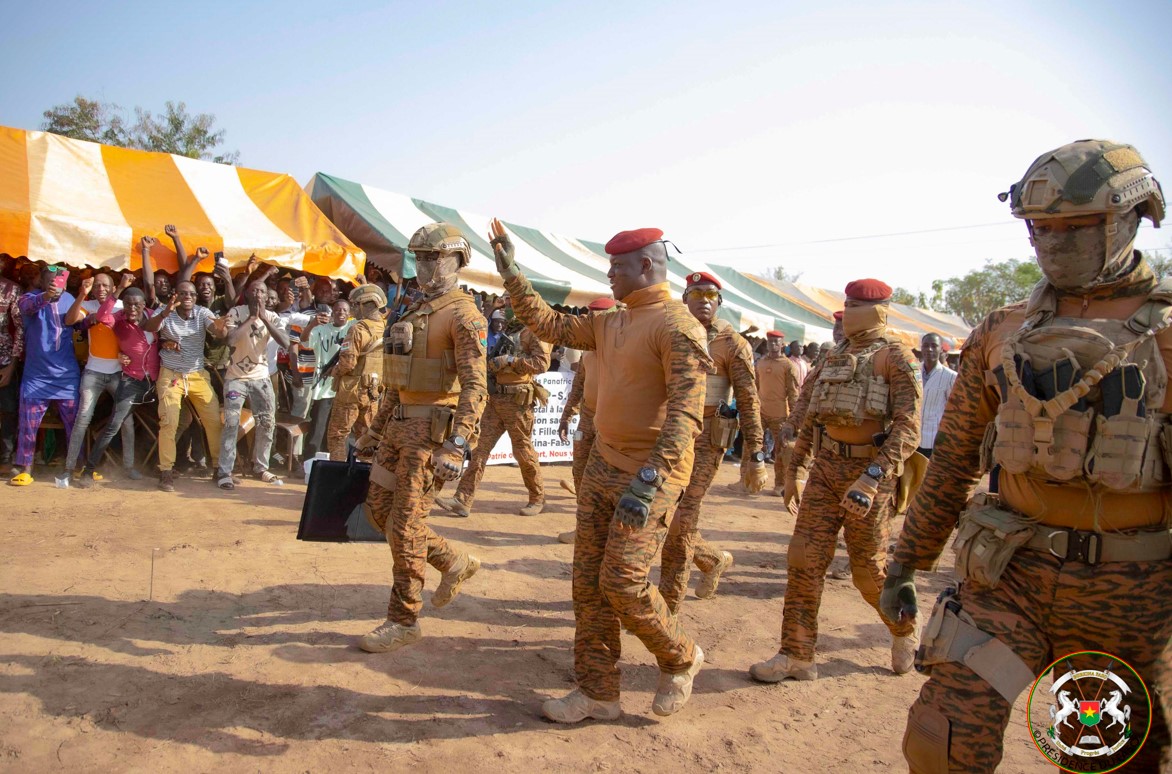As Israeli jets hit Beirut, people flee to sleep on the beach
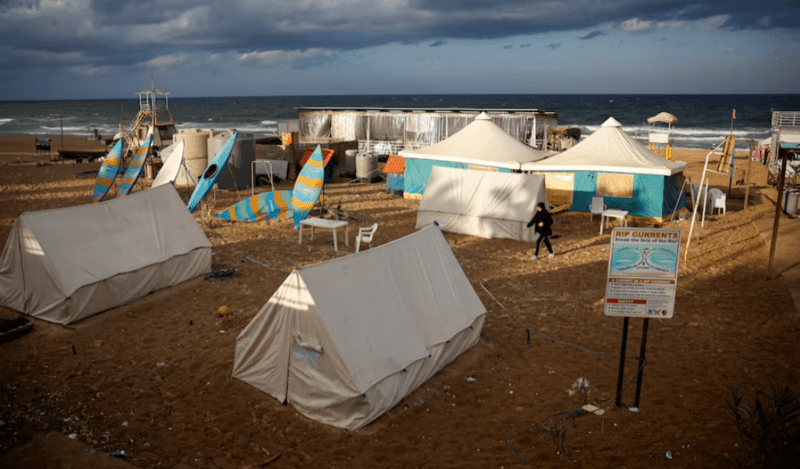
The repeated blasts in Beirut's southern suburbs where Israel has been carrying out airstrikes this week have driven Zeina Nazha and her young daughter to camp on a city beach seeking safety from the war in Lebanon.
She and some others from those suburbs, known as Dahiyeh, a stronghold of Israel's Iran-backed foe Hezbollah, are sleeping on blankets either under the open sky or in tents and other makeshift shelters with no safer place to go.
More To Read
- Israel to fund part of Kenya’s military modernisation with Sh3.4 billion loan
- Kenya begins evacuation of citizens from Iran as fragile Israel-Iran ceasefire takes hold
- Israel-Iran war: Trump announces ceasefire, Tehran says none agreed
- Israel 'in breach' of EU's human rights obligations, foreign policy arm says
- 42 Ugandan students, two embassy staff evacuated from Iran to Turkey
- Uganda activates emergency evacuation plan for citizens in Iran, Israel amid escalating conflict
Israel's stepped-up military campaign in Lebanon over the past two weeks has driven a million people from their homes in the south, in Beirut and in the Bekaa valley in the east, according to the Lebanese government.
Israel says its campaign is necessary to make its own northern regions safe from Hezbollah rocket fire and allow thousands of its citizens home.
"There was bombing in al-Sallem neighbourhood. We stayed for a while there and my family fled," said Nazha.
"The situation we're living in is very difficult... people are dying," she added.
She and her daughter spent a night sleeping on the corniche, the seaside walk around central areas of Beirut that in peaceful times is a hub of city life, filled with families strolling or sitting and eating.
The government and private or charitable bodies have set up numerous shelters in schools and other facilities to accommodate people displaced by the fighting. But Nazha said all those she had visited were full up.
Nearby, Mohamed Terkmene, a Syrian man living in Lebanon who has also been displaced by the conflict, said he had been sleeping at the beach for four days. He said soldiers had come to tell him and his neighbours to evacuate their Dahiyeh homes.
"We are not able to sleep and we don't know for how long we will stay here. A month, two months, a week or two, until this war is resolved," he said.
Top Stories Today

